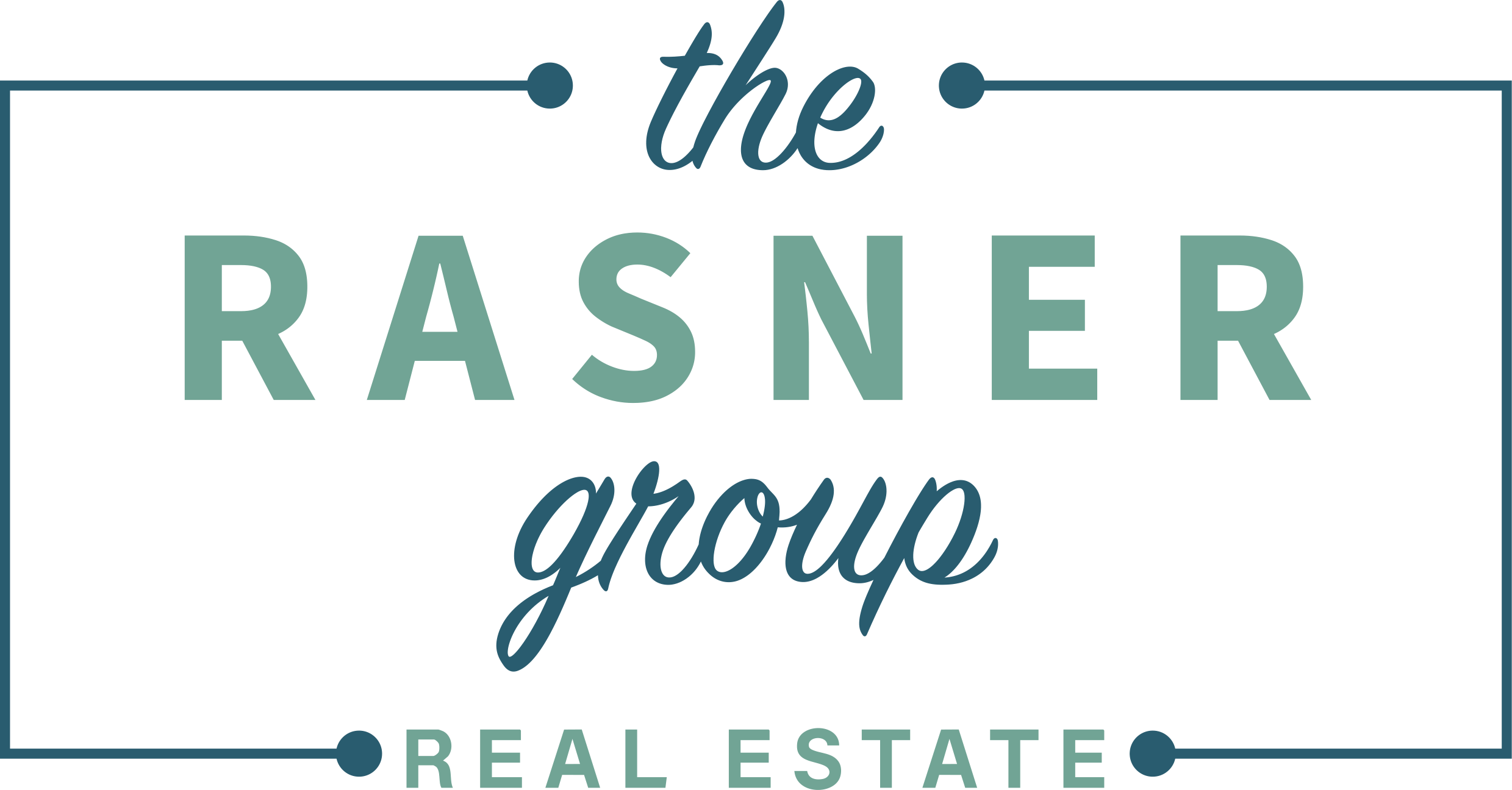How Do Mortgage Rates Impact the Real Estate Market?
When you’re getting ready to enter the market as a buyer or seller, the first thing on your mind is usually about price. Equally important, though, is the topic that’s usually secondary to the price talk: What will happen if mortgage rates increase — or decrease?
Mortgage rates affect more than the financial prospects of potential buyers because any movement has a ripple effect on the local market. Before we get into that, though, let’s take a quick look at what has been going on with mortgage rates to understand what’s going on right now.
Mortgage Rates Have Been a (Mini) Rollercoaster
Speaking broadly, mortgage rates have been on a downward trend for the past 30 years. (For example, in 1979, mortgage rates were an eyebrow-raising 11.20%.) At the beginning of 2020, the average 30-year fixed-rate mortgage was 3.7%. The pandemic led to interest rate decreases that pushed the number down to 3.31% (April 2020), then 2.65% (Dec 2020).
Once 2021 came around, rates started to creep up again. By April 1, the average 30-year fixed-rate mortgage was 3.18% — but then things get interesting. By mid-month, that average dropped to 3.04%. The bottom line: With all this change, it’s worth keeping an eye on interest rates if you’re a buyer or seller.
What happens when mortgage rates decrease?
The easiest answer is that a decrease in mortgage rates helps buyers with their budgets. That alone contributes to one of the ripple effects: Competition. Buyers may take that buying power to pricier neighborhoods (creating sudden spikes of activity) or to neighborhoods that have potential (read: cool houses that may be undervalued). In pricier neighborhoods, it means a bidding war. It may mean that average buyers can get pushed out by those with deeper pockets in undervalued neighborhoods. On top of that, the news also could give potential buyers who were on the fence about entering the market that push to jump in.
These are all good things for sellers — if you want your home to sell fast, that is. If you’re not quite prepared for a fast transaction or are simultaneously trying to buy while you sell, you need to have a plan if the right offer comes in faster than you’ve expected. The conversation may include short-term rentals, storage units, and other ways to help buy you a little more time in a heated market. The other consideration for sellers is whether this flurry of buyer activity will tempt other homeowners to list. While inventory is still low in many markets, it’s hard to predict the tipping point where the pool of available properties outpace buyers.
However, two effects are often overlooked: Would-be sellers who decide to refinance instead and buyers who decide to wait out the decrease in the hopes of further cuts. The former ends up decreasing potential inventory, creating even more competition and pushing prices up. The impact of buyers who wait it out isn’t as significant unless everyone decides to wait it out.
Do you have questions about the real estate market?
We know that you hear it over and over - the market is changing every day, and it's "never been hotter!" Our goal is to educate and guide you through the process of buying or selling a home.
Join our email list today, and we'll send you interesting, relevant articles each month!
We respect your inbox.
What happens if mortgage rates increase?
The bigger the increase, the bigger the effect on the local market. Trends of slight increases fuel buyer activity for fear of missing out on the current low. Bigger jumps can take some buyers out of the market entirely, depending on their budget. Serious buyers may look to neighborhoods where their budget can go further, especially if they’re considering dedicating some of their money to paying points to decrease the rate.
In general, this type of buyer behavior can slow the market. Of course, there can be some exceptions: Cheaper neighborhoods in good locations may still see a lot of interest, and pricier neighborhoods (or ones located in “vacation” areas) can see strong interest from cash buyers.
For sellers, the effect felt will be based on the market. If the market slows significantly, prices will fall, and your home may sit on the market for longer periods of time. You may have to make improvements or offer some extras to entice buyers. However, if you’re in a unique market like the ones mentioned above, you may not feel the effect at all.




